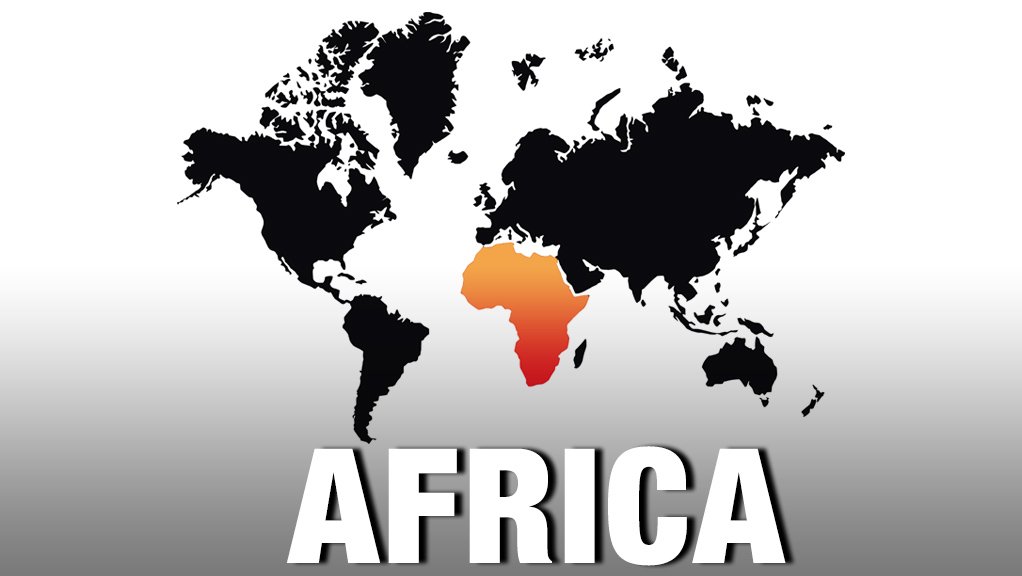Overlapping memberships, limited financing, uneven commitment and slow project implementation are some of the challenges facing regional economic communities (RECs) in terms of regional integration and financing development, Zimbabwe-based research firm Africa Capacity Building Foundation (ACBF) reports.
In its flagship publication, the Africa Capacity Report for 2014, the ACBF noted that most countries were “doing well” in terms of their policy environments and having put processes in place to implement policies; however, many countries were not achieving development results or capacity development outcomes.
Of the 44 countries surveyed in the Africa Capacity Index (ACI), 30 fell in the medium bracket, eight in the high bracket and six in the low bracket – with Morocco faring the best, with a score of 73.1, and Central African Republic the worst, with a score of 22.4. South Africa was not surveyed.
“It is encouraging that there are more countries in the high bracket and that none are in the very low bracket,” the ACBF pointed out.
Overall scores have been improving. In 2013, 11% of countries were in the very low capacity bracket, while none fell in this bracket in 2014.
Further, 18.2% of countries were in the high bracket in 2014, up from 4.5% the year before.
REGIONAL INTEGRATION CHALLENGES
The report noted that although regional integration had an enduring appeal for Africa in the interests of overcoming the constraints of high fragmentation, small domestic markets and growing transnational threats, Africa's portfolio of RECs had a “bewildering array of sizes and types”.
Many communites had overlapping membership. Of the 54 countries in Africa, only five belonged to just one REC. The knock-on effects impacted Africa's ability to negotiate as an equal with economic groupings such as Brazil, Russia, India, China and South Africa, or Brics, and the European Union.
The ACBF stated that African RECs had, so far, failed to propel the continent's economic transformation, as there were a multiplicity of constraints, including inadequate political will and commitment to the process, the high incidence of conflicts and political instability, poor design and sequencing, along with slow implementation, inadequate funding and the exclusion of key stakeholders.
For the most part, African integration had focused on import tariffs. Tackling services and behind-the-border issues, such as investment, competition policy and government procurement had proven contentious.
“Deeper integration could improve Africa's regional cooperation because border measures are likely to represent only a minor constraint to regional trade in Africa, compared with structural economic shortcomings such as the lack of infrastructure, institutional framework, skills and economic diversification.
“These supply-side constraints could be addressed in part by a regional integration agenda that includes services, investment, competition policy, and other behind-the-border issues. In short, a deep integration agenda could address supply-side constraints more effectively than an agenda almost exclusively [focused] on border measures,” the ACBF noted.
Despite fundamental problems in the design of the type of integration, there was widespread support for integration in Africa. “The reality is that regional integration is not a choice for Africa – it is a must. Building bigger, more integrated subregional markets deeply embedded in the global economy is one of the most urgent tasks for Africa to sustain its recent economic performance,” the report noted.
Currently, the capacity to implement regional cooperation and integration was grossly inadequate, the authors added.
Previous capacity building approaches had not produced the requisite capacities to develop the RECs. This dearth threatened the RECs' ability to achieve their goals. Many protocols had been signed but remained unimplemented, owing to ineffective and inadequate implementation capacity. In some RECs where capacity existed, it was not optimally used.
EMAIL THIS ARTICLE SAVE THIS ARTICLE
To subscribe email subscriptions@creamermedia.co.za or click here
To advertise email advertising@creamermedia.co.za or click here











